You might think the latest travel gadgets will turn you into a globe-trotting pro, but many of them are actually more trouble than they’re worth. Every year, travelers waste millions on flashy devices that weigh down their bags, drain their wallets, and sometimes even get them stopped at airport security. So before you pack for your next adventure, let’s bust some myths and reveal the top 10 gadgets every traveler should leave behind.
Overly Complicated Travel Adapters Cause More Headaches
Universal travel adapters promise to connect you anywhere, but the reality is often a tangled mess. Jamming a blocky, all-in-one adapter into a loose wall socket can result in sparks, damaged plugs, or worse—a fried phone. According to recent consumer surveys, nearly 40% of travelers report issues with universal adapters malfunctioning abroad. Instead of gambling with your gear, it’s smarter to carry a couple of slim, country-specific adapters. These are lighter, cheaper, and far less likely to let you down in the middle of a late-night charging emergency.
Heavy Laptops Slow Down Every Journey
Dragging a heavy laptop through airport security or down cobbled streets is a recipe for back pain and regret. Unless you’re a digital nomad running high-powered software, most travel tasks—like booking hotels, checking maps, or streaming movies—don’t require a beast of a machine. In 2025
, ultra-light tablets and compact ultrabooks have caught up in performance and battery life. Ditching the heavy gear means more room for souvenirs and a much more enjoyable trek between train stations.
Expensive Noise-Canceling Headphones Are Often Overkill
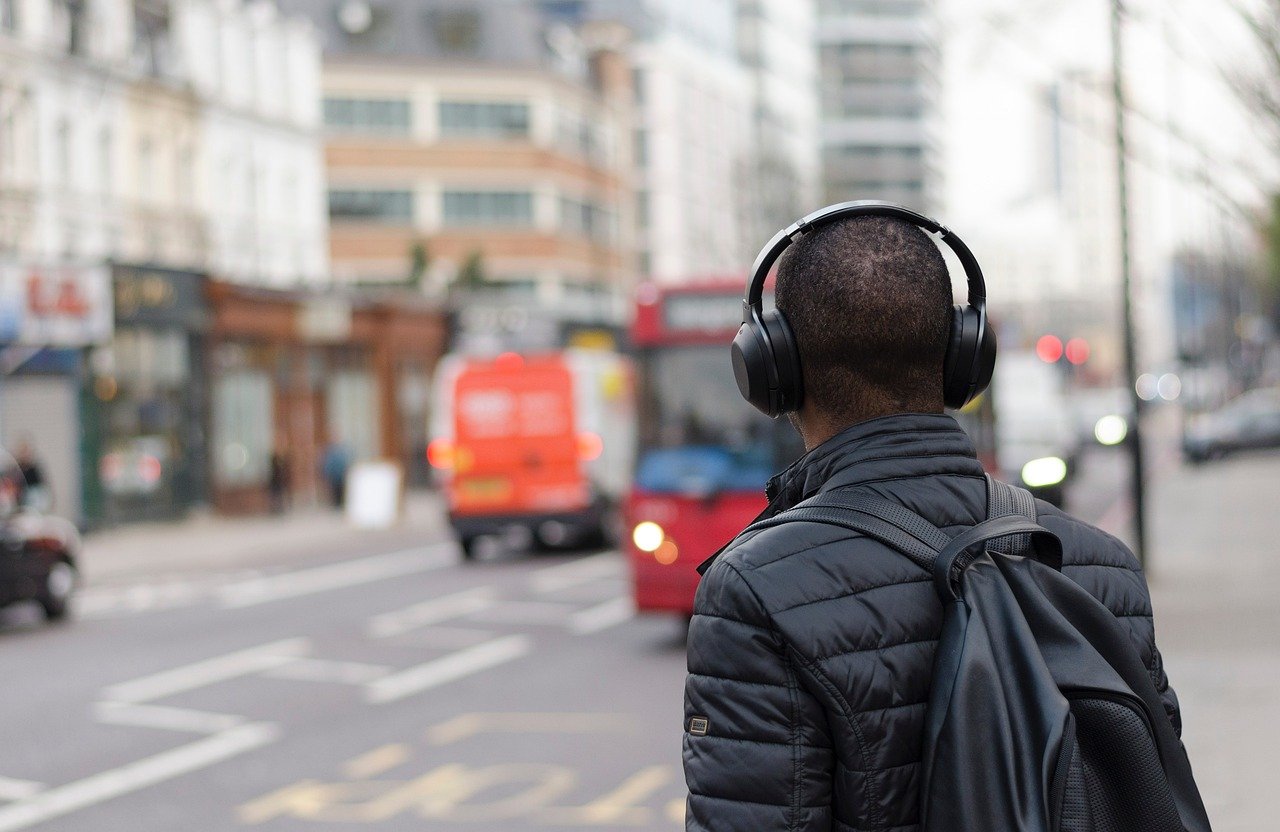
It’s tempting to splurge on top-tier noise-canceling headphones, imagining blissful silence on long flights. But unless you’re a frequent flyer, that $400 investment might not pay off. Many affordable headphones now offer excellent noise reduction and comfort, as shown in recent product tests by tech magazines. And if you lose or damage them on the road—a common story—you’ll feel far less heartbroken. Save your cash for local cuisine or spontaneous adventures instead.
Multi-Function Tools Won’t Get Past Security
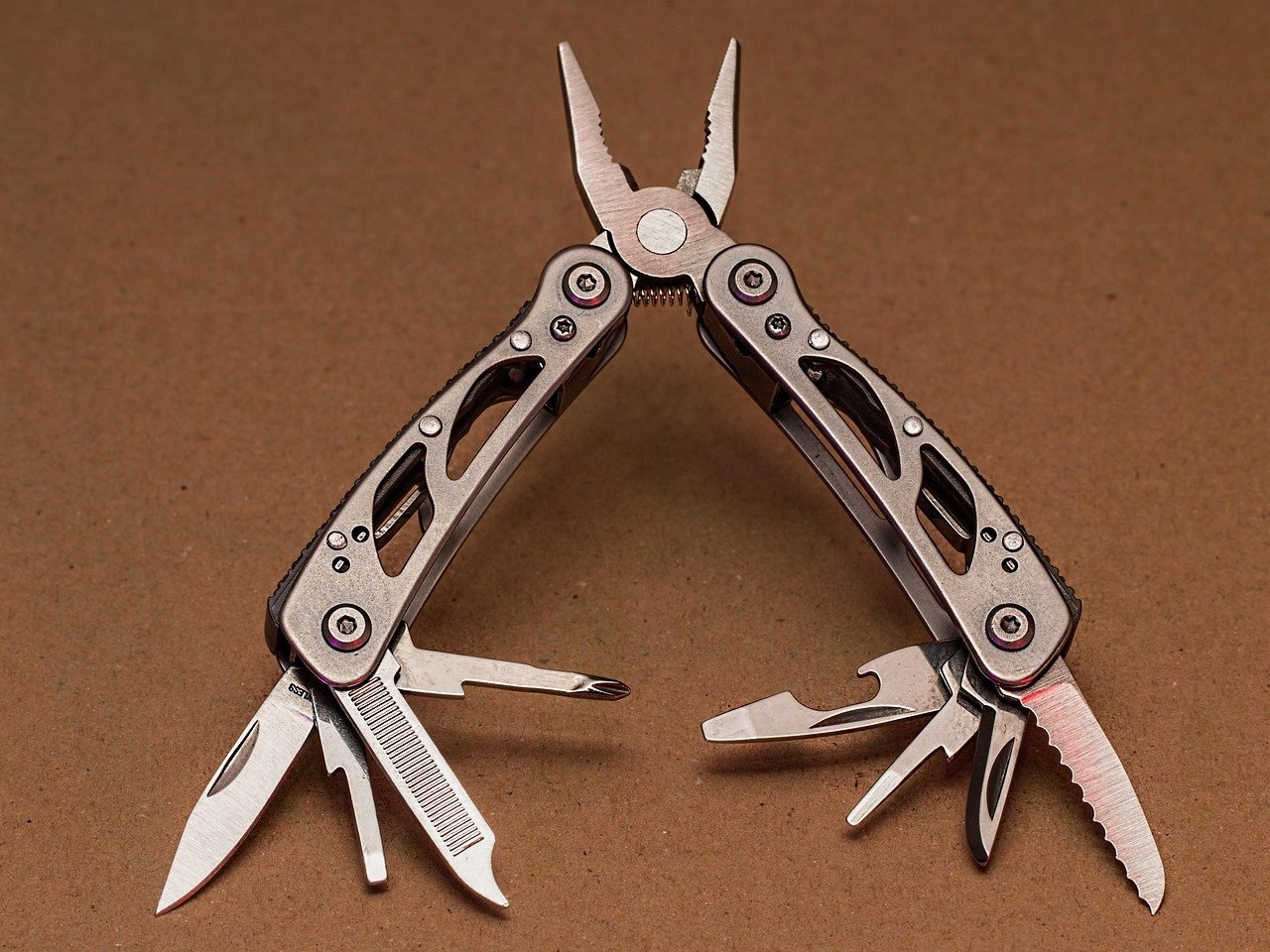
Swiss Army knives and beefy multi-tools sound like a backpacker’s dream, but most end up confiscated at airport checkpoints. Even if you check your bag, these gadgets are often more trouble than they’re worth. The truth is, a simple nail clipper or a tiny pair of scissors will handle 95% of your travel needs. Imagine the awkwardness of explaining your “survival” tool collection to a customs officer—it’s a scenario best avoided.
Smart Luggage Can Leave You Stranded
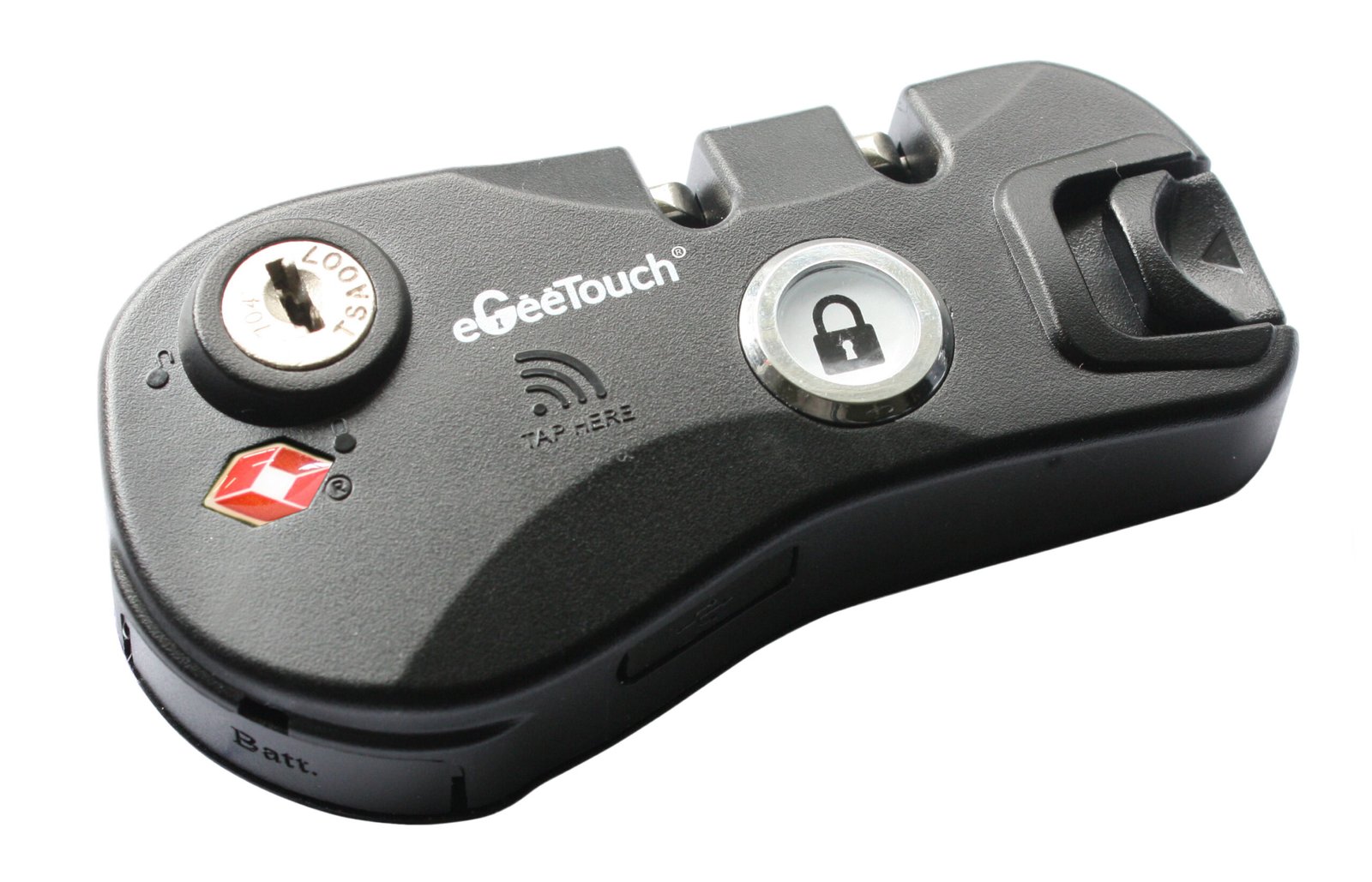
Smart luggage with GPS, built-in chargers, and digital locks seems futuristic, but many airlines have banned bags with non-removable lithium batteries. In 2025, several major carriers enforce these restrictions, leaving travelers scrambling at check-in. Even when allowed, smart bags are heavier and more prone to mechanical issues. A sturdy, lightweight suitcase is still the most reliable way to glide through airports without drama or delays.
High-Tech Cameras: Heavy, Risky, and Rarely Used
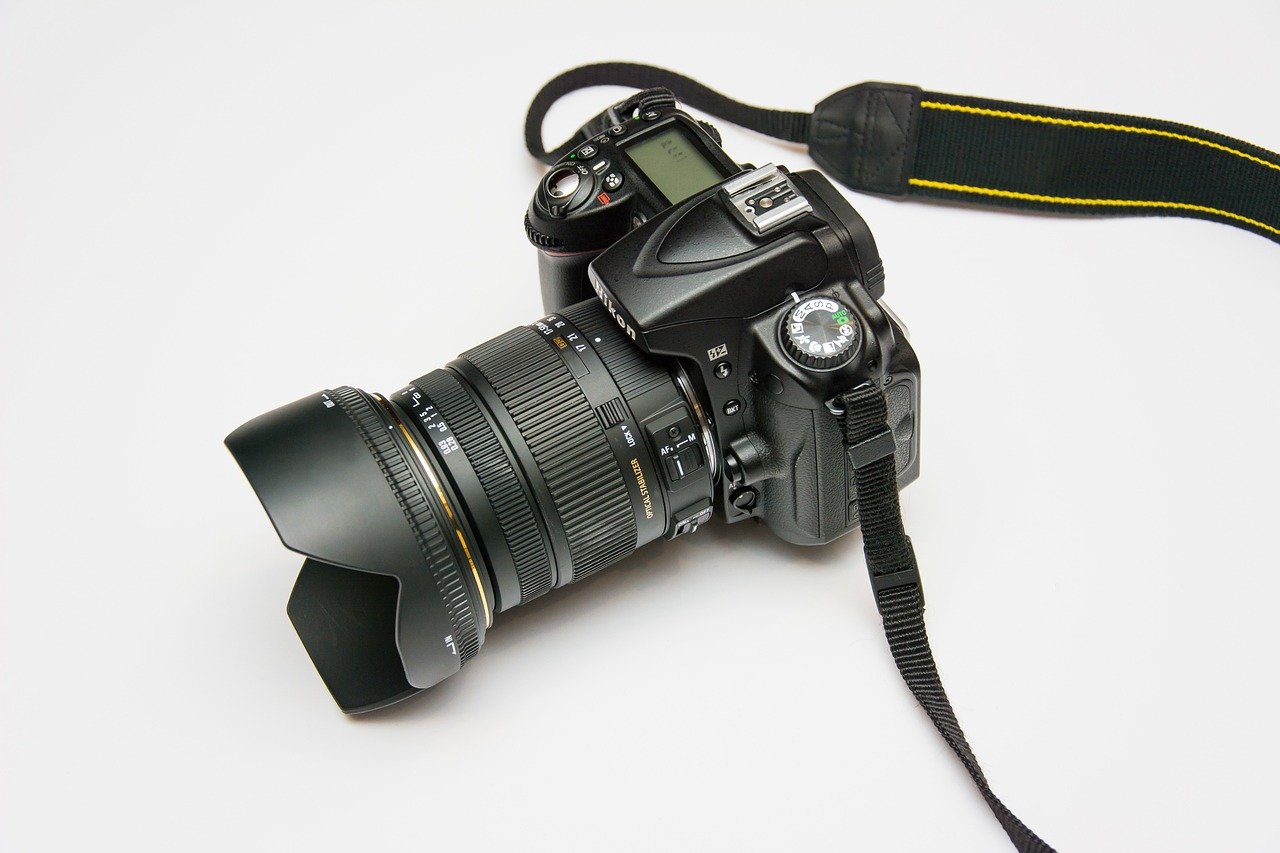
Bringing a fancy DSLR or mirrorless camera feels like a must for capturing epic travel shots, but the reality is different. Modern smartphones now rival mid-range cameras for quality, and they’re easier to carry and keep safe. Lugging expensive gear increases your risk of theft or damage, and you might find yourself too worried to actually enjoy the sights. For most, a good phone camera is the smart, stress-free solution.
Heavy Power Banks Are Dead Weight
We’ve all heard horror stories about dying phones in an unfamiliar city, but that doesn’t mean you need a brick-sized power bank. Oversized models add pounds to your pack and are sometimes flagged by airport security. Studies show most travelers barely use more than 10,000mAh in a day, which is achievable with a compact, lightweight charger. Choose a slim model that fits your needs—your shoulders and your sanity will thank you.
Portable Wi-Fi Hotspots Can Be a Money Trap
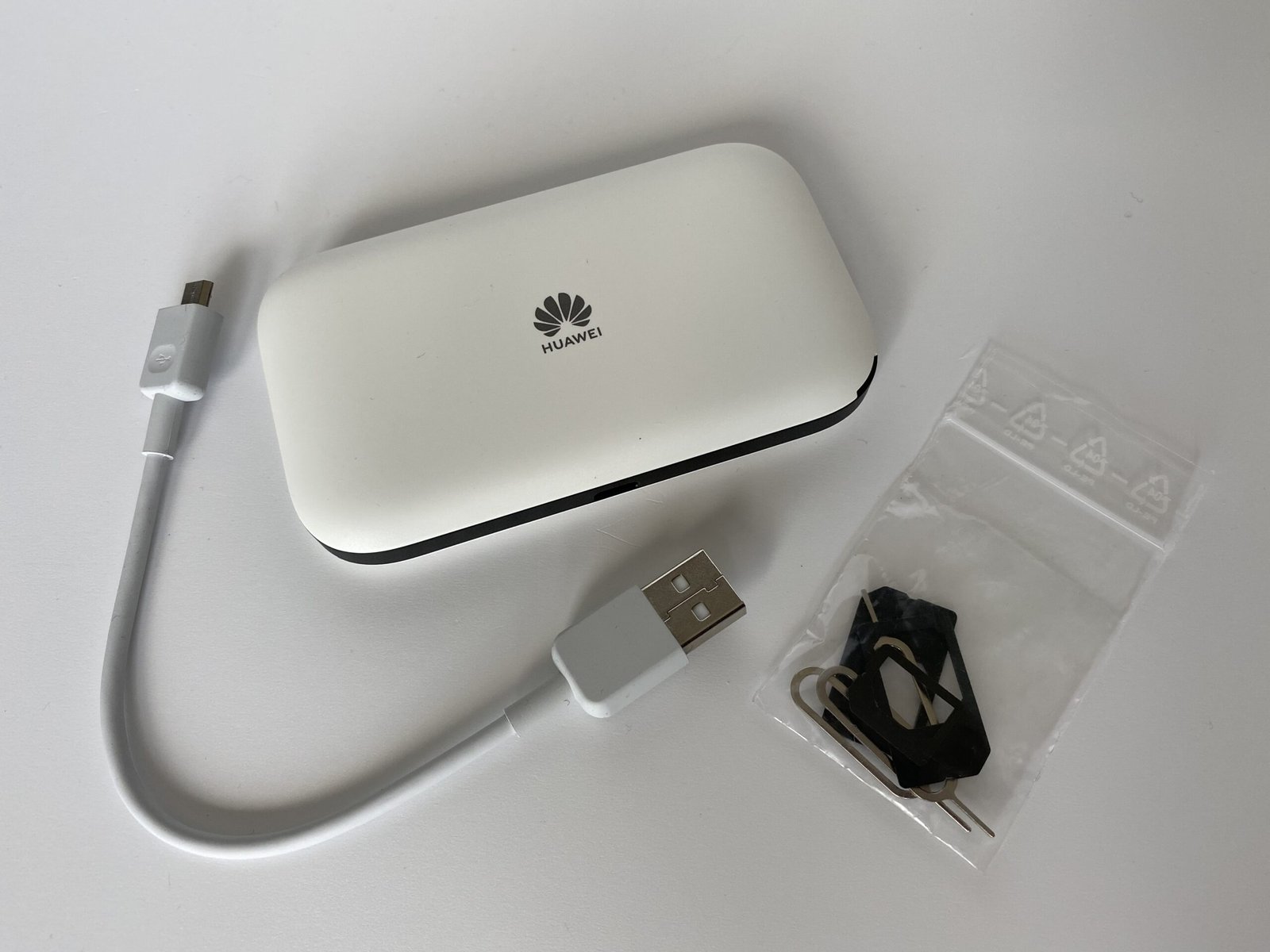
The promise of constant, personal Wi-Fi sounds irresistible, but portable hotspots often come with sky-high data charges and spotty coverage. In many countries, local SIM cards or eSIM plans provide faster, cheaper internet. Tech research in 2025 shows that public Wi-Fi infrastructure is improving worldwide, especially in tourist hotspots. By skipping the extra device, you’ll save money and spend less time fussing with connections.
Bulky Travel Pillows Take Up Precious Space
It’s easy to spot the rookie traveler: they’re the ones wrestling with a giant foam neck pillow at the airport. While comfort is important, oversized pillows hog space and rarely offer more support than compact, inflatable models. Modern travel pillows are designed to fold or deflate, slipping into any bag without a fuss. Choosing one of these means you can sleep well and still pack light.
Unnecessary Gadgets Add Clutter, Not Comfort
From portable blenders to handheld garment steamers, many gadgets seem essential until you realize they’re dead weight. Most travelers admit to packing at least one “just in case” device that never leaves their suitcase. Ask yourself: will you really use that smoothie maker in a Paris hotel room? Prioritizing versatile, multi-use items frees up space and keeps your journey focused on experiences, not stuff.

